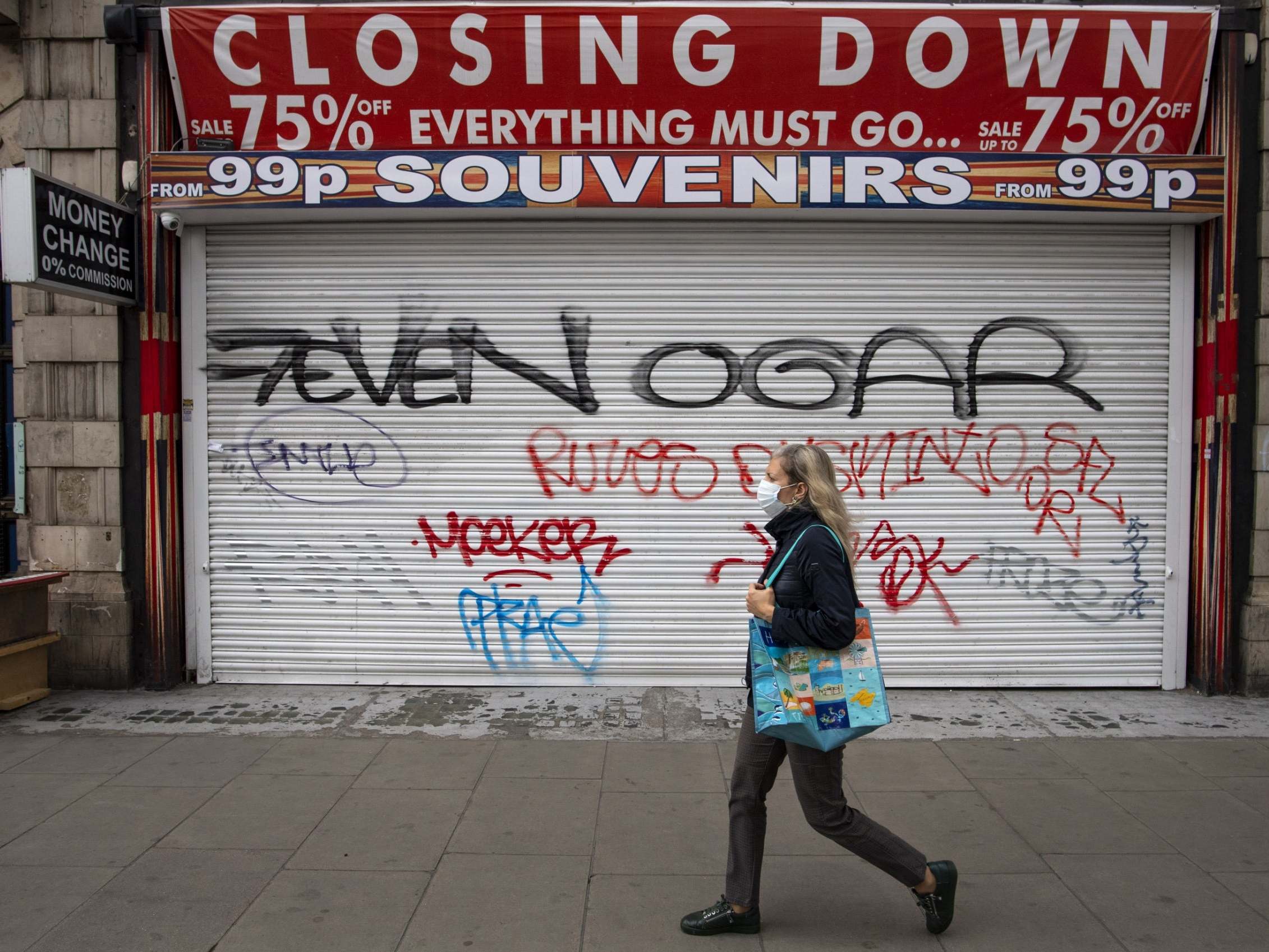‘Calm before the storm’ as bankruptcy numbers fall during lockdown
Drop in insolvencies linked to government bailout and reduced court sittings

A drop in the number of people going bankrupt across England and Wales last month could be the “calm before the storm”, experts have warned.
There were 739 bankrupties in May, down 49 per cent compared with the same month last year, according to Insolvency Service data.
The number of debt relief orders (DROs), another form of personal insolvency, was also down by 32 per cent compared with May 2019.
Both bankrupties and DROs decreased in the period immediately after the lockdown on 23 March, the figures show.
The average number of daily bankruptcies fell from 76 to 45, while the average daily number of DROs fell from 119 to 65.
This decrease coincides with the announcement of enhanced financial support from the government for individuals and businesses due to the coronavirus pandemic, the service said. Reduced operations in courts are also likely to be a factor in the fall in bankruptcies.
“Indicators over recent months suggest that an increase in insolvency numbers is coming, but this has not yet materialised,” said Christina Fitzgerald, vice-president of insolvency and restructuring trade body R3.
“We are potentially in the period of calm before the storm, as indicated by the unprecedented 20.4 per cent fall in GDP in April.”
She added: “It’s clear that we’re set for a period of economic turbulence. In addition to today’s shocking GDP figures, research also shows consumer spending and consumer confidence, which are indications of both the health of the nation’s personal finances and of how businesses will fare going forward, fell significantly between March and April, and many businesses will face a rocky road until this improves.”
There is also growing concern that some people are falling behind on paying rent, bills and mortgages.
“The longer lockdown continues, the more damage the economy will sustain,” said Ms Fitzgerald.
“Yet easing restrictions on trading prematurely could lead to a wave of new infections and an even greater danger to business and personal finances.
“The government has a difficult job in balancing these considerations as it plots a path forward.”
Additional reporting by Press Association
Join our commenting forum
Join thought-provoking conversations, follow other Independent readers and see their replies
Comments